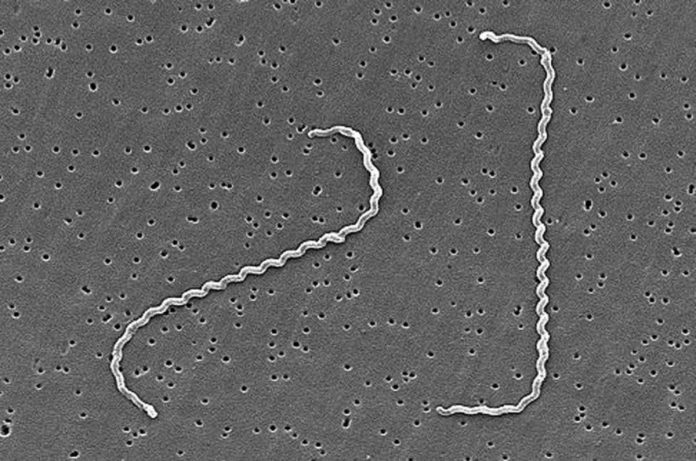
ILOILO City – From January 1 to September 7, 2024, Region 6 recorded a total of 317 cases of leptospirosis, resulting in 19 deaths – a significant decrease of 56 percent from the same period in 2023, during which there were 718 cases and 58 fatalities.
Leptospirosis is contracted through exposure to environments contaminated with the urine of infected animals, with entry points being cuts on the skin or mucous membranes in the eyes, nose, or mouth.
Symptoms of the disease include high fever, severe headache, muscle pains, chills, red eyes, abdominal pain, jaundice, skin rashes, and gastrointestinal problems.
Amid the current rainy season, the Department of Health (DOH) is urging the public, particularly farmers who work in floodwaters, to take preventive measures against leptospirosis, a bacterial disease transmitted through contact with contaminated water.
DOH has provided a breakdown of the cases per province and highly urbanized city in the region:
* Aklan – 13 cases, 1 death
* Antique – 55 cases, 3 deaths
* Capiz – 23 cases, 1 death
* Guimaras – 8 cases, no deaths
* Iloilo – 99 cases, 4 deaths
* Iloilo City – 32 cases, 2 deaths
* Negros Occidental – 70 cases, 2 deaths
* Bacolod City – 17 cases, 6 deaths
Affected age groups vary, with the highest number of cases reported among individuals aged 21 to 30 years, totaling 80 cases. The breakdown of cases by age group is as follows:
* above 50 years – 59 cases
* 41 to 50 years – 50 cases
* 31 to 40 years – 47 cases
* 21 to 30 years – 80 cases
* 1 to 10 years – 44 cases
* below one year – 9 cases
Dr. Bea Camille Natalaray, head of the Emerging and Re-Emerging Infectious Disease (EREID) division at DOH Region 6, noted that farmers are predominantly affected, with seven out of the 19 deaths occurring in this demographic.
“Most of our leptospirosis fatalities are work-related, with farmers, drivers, and house helpers being the most exposed due to their work environments, which may include contaminated water,” explained Natalaray.
To mitigate risk, Natalaray emphasized the importance of avoiding floodwater exposure. For those who cannot avoid such conditions, wearing protective gear such as high boots, raincoats, and fisherman’s overalls is advised, along with thorough washing with soap after exposure.
The public is also advised to seek guidance from the nearest Rural Health Unit (RHU) if they have been exposed to rain or floodwaters, especially if they have open wounds on their feet or other parts of their body.
“Where possible, avoid wading through floodwaters and wear boots if it’s unavoidable,” Natalaray added./PN



